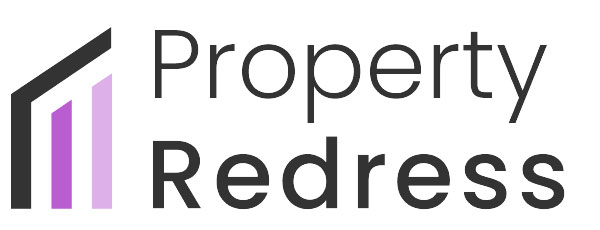What does ‘in arrears’ mean?
Arrears refers to the status of payments about their due date. It describes an obligation or liability that has not received payments on its due date, in more simple terms it refers to an overdue payment.
For example, if someone misses a mortgage payment, fails to pay their rent on time or doesn’t pay their service charge, they may be in arrears.
What is a service charge?
A service charge is an amount that a leaseholder must pay to cover the cost of providing communal or shared services to a building and if applicable, the surrounding estate. The way charges are calculated and what’s covered will be set out in the leasehold agreement.
If a service charge is written into the terms of a freehold or leasehold agreement, then you are legally obliged to pay it.
Who is responsible for paying for a service charge?
The freeholder is responsible for paying to maintain the building, often the freeholder passes this charge to the leaseholder in the form of a service charge invoice as per the terms of the lease. The service charge payment is for the property owner (the leaseholder) to cover and should not be passed to tenants who are not the leaseholder.
Find out how the next twenty-four months might impact people’s willingness to pay services charges and how property management companies will look at problems with arrears.
The financial crisis and debt management
Given the aftermath of the pandemic and its economic impact, it’s likely that many people will continue to experience job losses, health problems and reduced income during the next couple of years. This could lead to increased financial strain and make it problematic for some individuals to pay their service charges and other bills. People may start to view service charges as a payment that is not a priority compared to utility bills, rent and groceries.
Supporting tenants and leaseholders who are in arrears
In response to these challenges, property managers may need to be more flexible and creative in how they collect service charge arrears. For example, they may offer more payment plan options or reduced rates for customers who are struggling financially. They may also need to invest in digital payment methods to make it easier for customers to pay remotely.
Additionally, governments and regulatory bodies may need to step in to provide financial assistance or implement regulations to protect vulnerable people from unfair service charges. It’s possible that we may see changes to the way service charges are collected and distributed to address these issues.
Overall, the next twenty-four months may be a challenging time for people in arrears and service charge collections, but there are opportunities for service providers and regulators to adapt and find solutions that meet the needs of both customers and businesses.
How we manage arrears collection at Charles Cox
Often the lease will outline when the payment is due, once the invoice has been sent, or it may be due within thirty days of the invoice being issued. Firstly, when a payment date is missed, the invoice will be raised and followed up in line with what is stated on the lease.
The first stage will involve sending a reminder that a payment is due. If payment is still not made fourteen days after this reminder a fine can be issued. If a further fourteen days elapse and the payment and fine still have not been paid, then the issue can be raised with a solicitor.
Understanding our tenants and liaison with clients
When having issues with payments from tenants we will speak with our client, who is often the Block Director of the property. They will advise on what they think the best course of action is going forward. This could either be to call or visit the tenant directly. Often payments are not made because the tenant may be experiencing some financial difficulties, in this situation the most favourable route would be to set up a payment plan where small instalments can be paid each month to help clear their arrears. Another option may be allowing the tenant to take a payment break. It will depend on the tenant, the client, and the circumstances.
If setting up a payment plan still does not lead to the tenant paying the charges, then the solicitor can issue a letter before action which is the first step in a formal debt recovery process. Again, if a payment is not made by the agreed time (normally between seven and fourteen days) then further action will be taken.
Normally, the simplest and quickest way to secure the payment is to write to the mortgage provider on the property. They are then able to serve a section 146 notice where they make the payment on behalf of the tenant; the cost is added to their mortgage.
Please get in touch and talk to us if you have any queries.







